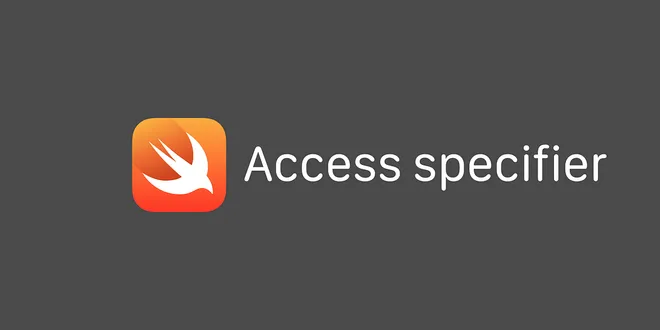Access Modifiers

Non-Access Modifiers
Introduction Non-Access Modifiers do not change the accessibility of variables and methods, but they do provide them special properties .
📚 Read more at Essential Java🔎 Find similar documents

Access Modifiers in Java
The access Modifiers specify the scope or accessibility of a variable, method, constructor, or class. We can change the level of accessibility on variables, methods, and classes by applying the access...
📚 Read more at Javarevisited🔎 Find similar documents

Access Modifiers in JAVA
Access modifiers are used to specify the scope of the class and its member. In layman's terms, we can say that access means a way of reaching the place. Here we are talking about our code i.e, a java ...
📚 Read more at Javarevisited🔎 Find similar documents

What are Access Modifiers in Java and How to Use Them?
Access modifiers in java are special keywords that in order are used to specify the accessibility of the methods, classes, constructors, and other members of the class. The word access modifiers may s...
📚 Read more at Level Up Coding🔎 Find similar documents

Reading Modifiers
Many elements have modifiers in the Java language: classes, fields, methods, constructors, or method and constructor parameters. These modifiers can modify the visibility of the element there are app...
📚 Read more at Learn Java🔎 Find similar documents

Summary of Class Member Access Modifiers
Access Modifier | Visibility | Inheritance —— | —— | —— | Private | Class only | Can’t be inherited | No modifier / Package | In package | Available if subclass in package| Protected | In package | Av...
📚 Read more at Essential Java🔎 Find similar documents

Access Modifiers for Inner Classes
A full explanation of Access Modifiers in Java can be found here . But how do they interact with Inner classes? public , as usual, gives unrestricted access to any scope able to access the type. publi...
📚 Read more at Essential Java🔎 Find similar documents

Modifiers
class ExampleClass { // Access modifiers first (don't do for instance "static public") public static void main(String[] args) { System.out.println("Hello World"); } } interface ExampleInterface { // A...
📚 Read more at Essential Java🔎 Find similar documents

Access specifier in Swift
Access specifier is keyword which helps in Access control of code block. Access control restricts access to the parts of your code from code in other source files and modules. Encapsulation is…
📚 Read more at Analytics Vidhya🔎 Find similar documents

Modifiers in Interfaces
The Oracle Java Style Guide states: Modifiers should not be written out when they are implicit. (See Modifiers in Oracle Official Code Standard for the context and a link to the actual Oracle document...
📚 Read more at Essential Java🔎 Find similar documents

Effective Access Control 😇
Access control is the act of restricting access to a selected group of people or systems. That group is authorized to access the system. To check if a person is authorized to access, the person…
📚 Read more at Level Up Coding🔎 Find similar documents

Access control in Swift like a boss
I remember the day I first learned about the internal access modifier when reading The Swift Programming Language . At the time, I was coding a take-home test for a job at Revolut. I was desperate to ...
📚 Read more at Better Programming🔎 Find similar documents

